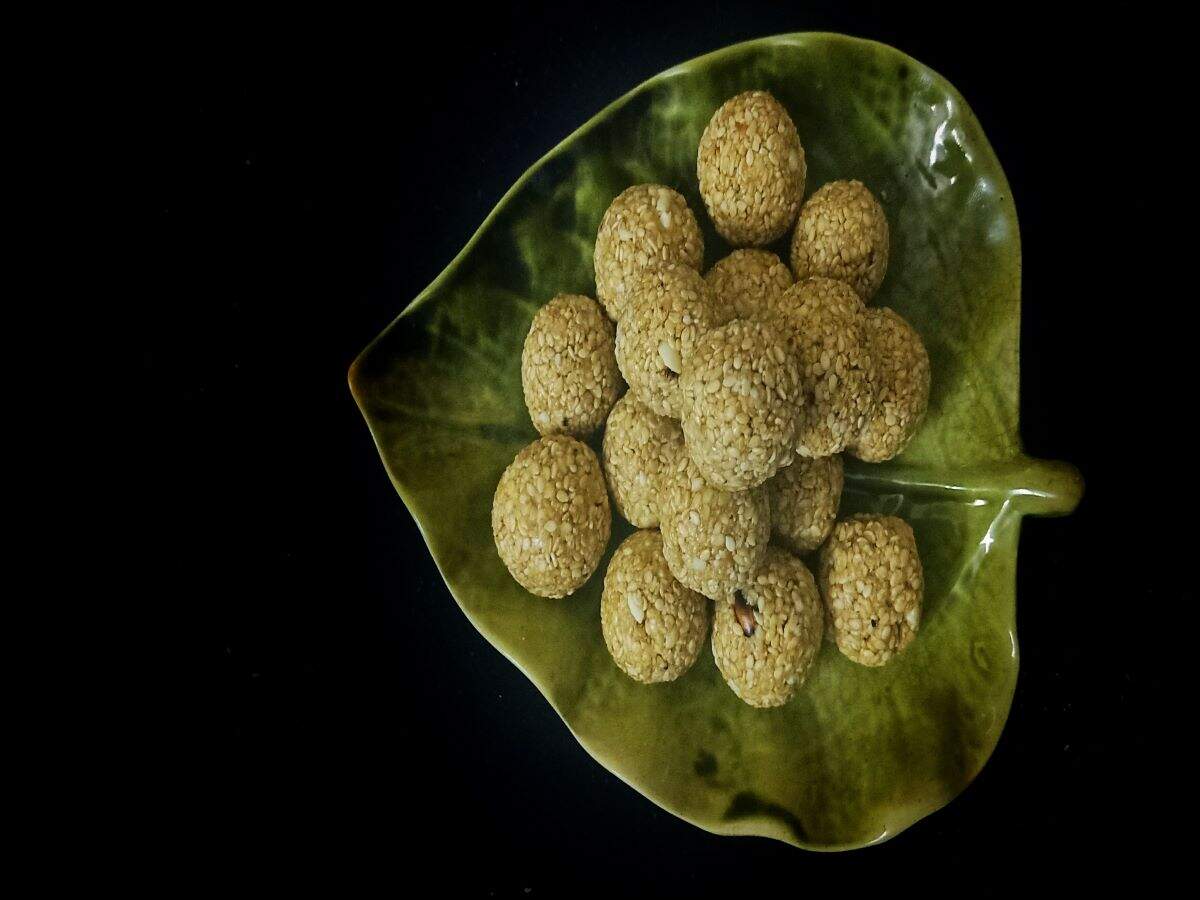Multi-grain ladoos from Harappa civilization found during excavation at Harappan site

Yes, you read that right. As per a study of materials found during an excavation in Rajasthan, it has been revealed that people during the Harappan civilization, around 4000 years ago, used to consume multigrain, high-protein ladoos. The scientific study that was jointly conducted by the Archeological Survey of India (ASI) and Birbal Sahni Institute of Palaeosciences (BSIP), Lucknow, and was recently published in the ‘Journal of Archaeological Science: Reports.’
Reportedly, seven laddoos were discovered during the excavation of a Harappan archaeological site in 2017 at 4MSR (which was earlier known as Binjor) in western part of Rajasthan (near Pakistan border).
Referring to this, senior BSIP scientist Rajesh Agnihotri said that seven big-size brown balls like laddoos, a hand-held (a tool used for shaping wood) two figurines of bulls, were excavated by ASI at the Harappan site in Anupgarh district of Rajasthan. He added that the food balls, dating back to around 2600 BCE, were found well-preserved as a hard structure had fallen in such a manner that it acted as a roof over them and saved them from getting crushed.
He stated that the most intriguing things about these ‘laddoos’ were that when it came in contact with water, the slurry turned purple. They then handed over the samples of food balls to BSIP for scientific analysis.
Initially, they thought that the food balls had some connection with occult activities, since the figurines were also found in close proximity.
He further stated that the team was curious because of their shape and size as they were clearly manmade, which led them to delve deeper and explore their composition. They initially presumed that these were non-vegetarian food.
However, after primary microscopic analysis, they found that the ladoos were made of wheat, barley, chickpea and a few other oilseeds.
